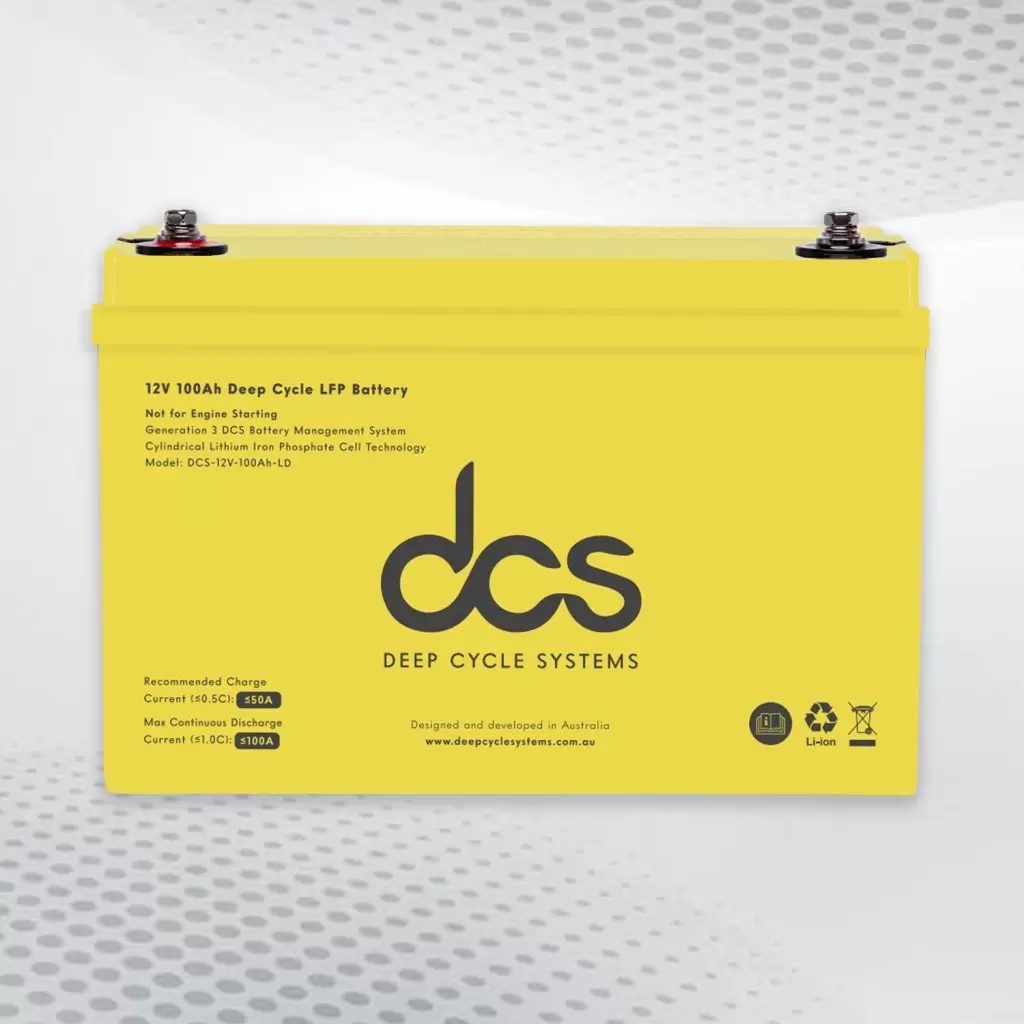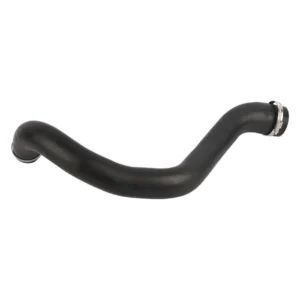Are you considering going off the grid and harnessing the sun’s energy? If so, selecting the right solar batteries is crucial in your journey. Off grid solar batteries living offers independence, sustainability, and often significant cost savings. However, understanding the types of solar storage options available is essential to maximise those benefits.
This comprehensive guide will delve into everything you need about off-grid solar batteries. From exploring the advantages of lithium-ion technology to discussing maintenance tips that can extend battery life—prepare yourself for an enlightening exploration! Whether you’re a seasoned eco-warrior or just starting on your renewable energy adventure, there’s something here for everyone looking to optimize their solar power system with the best batteries for solar off-grid setups. Let’s dive in!
The Advantages of Lithium Ion Batteries for Solar Power Systems
Lithium-ion batteries stand out in solar power systems for several reasons. They offer high energy density, meaning they can store more energy in a smaller space than traditional battery types. This compact design is perfect for off-grid setups where space might be limited.
Another significant advantage is their efficiency. Lithium-ion batteries charge faster and discharge electricity at a higher rate, making them ideal for meeting sudden spikes in power demand.
Additionally, these batteries have longer lifespans than lead-acid options. With proper care, they can last up to 15 years or more, providing reliable service without frequent replacements.
Another key point is their low maintenance requirement. Lithium-ion models are relatively hassle-free, unlike other battery types that may need regular water refills or specific temperature controls. Their ability to perform well under various temperatures also adds to their appeal.
Factors to Consider When Choosing a Solar Storage Batterie
Choosing the correct solar storage battery involves several crucial factors. First, consider your energy needs. Assess how much electricity you use daily to find a battery with an appropriate capacity.
Next, think about the depth of discharge (DoD). This indicates how much energy can be safely used without damaging the battery. A higher DoD means more usable power.
The charging and discharging cycles are also vital. For longevity and efficiency, look for batteries that offer a high number of cycles.
Another key aspect is temperature tolerance. Batteries perform differently under different environmental conditions, so ensure yours suits your climate.
Pay attention to warranty terms and manufacturer reputation. A solid warranty often reflects confidence in product quality, while trusted brands tend to provide better customer support if issues arise.
Maintenance and Lifespan of home solar battery system
Maintaining your home solar battery system is crucial for optimal performance. Regular checks on connections and terminals can prevent power loss. Dirt and Corrosion can shorten the lifespan of batteries, so ensure they’re clean.
1. Regular Inspections
To maintain your home solar batteries system, it is essential to conduct regular inspections of the connections and terminals. Over time, these components can become loose or corroded, leading to power loss and reduced performance. Inspecting them regularly can help identify any issues early on and prevent potential problems.
2. Cleaning
Dirt and debris can accumulate on batteries’ surfaces over time, hindering their performance. It is important to clean them periodically to remove any build-up. Use a soft cloth or brush and a mild cleaning solution to gently wipe down the batteries, being careful not to damage any connections or terminals.
3. Preventing Corrosion
Corrosion on battery terminals can significantly shorten the lifespan of your home solar batteries system. To prevent this, ensure all connections are correctly tightened and secure. You can also apply a thin layer of petroleum jelly or specialized anti-corrosion spray to the terminals to protect them from moisture.
4. Replacing Old Batteries
The lifespan of home solar batteries depends on various factors, such as usage frequency, maintenance practices, and environmental conditions. On average, solar batteries last between 5 and 15 years. As they reach their end-of-life, replacing them with new ones is essential to ensure optimal performance of your home solar batteries system. Regularly monitoring the state of your batteries can help you anticipate when replacements will be needed.
Cost Comparison with Other Types of Solar Storage Batteries
When evaluating solar battery options, cost is a crucial factor. Lithium-ion batteries often come with a higher upfront price compared to lead-acid alternatives. However, their longevity and efficiency can offset these initial expenses.
Lead-acid batteries may seem attractive due to lower costs, but they typically have shorter lifespans and require more maintenance. This hidden expense can add up over time.
On the other hand, lithium-ion batteries boast greater energy density and faster charging capabilities. This means you get more power in less space, which can benefit off-grid setups where every inch matters.
While the initial investment might raise eyebrows, consider the overall value when calculating long-term savings on replacements and maintenance. High-quality lithium-ion solar batteries could save money in the long run while providing reliable energy storage for your off-grid needs.
Tips for Proper Maintenance and Longevity of batteries for off grid solar power
Regular maintenance is crucial to ensuring your batteries for off grid solar power remain efficient. Start by keeping the battery terminals clean and free from Corrosion. A simple wipe with baking soda and water can work wonders.
Monitoring temperature is essential. Batteries perform best in moderate conditions, so avoid placing them in extreme heat or cold. Insulating them during harsh weather can prolong their lifespan.
Check fluid levels if you have flooded lead-acid batteries; maintaining the proper level prevents damage. For lithium-ion options, ensure they are charged correctly to maximize performance.
Conduct routine voltage checks to track battery health over time. This proactive approach helps identify issues early, ensuring your system runs smoothly for years.
How to Properly Install and Use Solar Storage Batteries
Proper installation of solar storage batteries is crucial for optimal performance. Begin by selecting a suitable location that is well-ventilated and away from direct sunlight. This helps maintain the ideal temperature range for battery function.
Next, ensure you have compatible components like inverters and charge controllers to prevent electrical issues. Follow manufacturer guidelines closely during wiring to avoid short circuits or damage.
Once installed, monitor your system regularly. Check charge levels and overall health through available monitoring apps or tools. This can help identify potential problems early on.
Using the proper charging practices enhances battery life. Aim for regular cycles between full charges and partial discharges rather than frequent deep cycling.
Educate yourself about safety protocols when handling batteries—this ensures longevity and personal safety while enjoying your off-grid power system.
The Future of Solar Storage Batteries
The future of solar storage batteries looks promising, driven by rapid technological advancements. Innovations in lithium-ion technology continue to enhance energy density and efficiency. This means homeowners can store more energy in smaller, lighter units.
Research is also pushing the boundaries with alternative chemistries, such as solid-state batteries. These solutions promise improved safety and longer lifespans compared to traditional options.
As renewable energy adoption grows, so does the demand for efficient battery systems. Smart integration with smart home technologies will allow users to optimize their energy consumption seamlessly.
Government incentives and decreasing costs are making solar battery systems more accessible. The landscape is shifting toward a sustainable future where off-grid living becomes increasingly feasible for many people. All these trends indicate that we are entering an era where reliable solar storage solutions will play a crucial role in our daily lives.
Common Misconceptions About Solar Storage Batteries
Many people think solar storage batteries are only for large homes or businesses. In reality, there are options available for all sizes and budgets. Another common misconception is that these batteries require constant maintenance. While some types need regular check-ups, technological advancements have made many lithium-ion models nearly maintenance-free.
Some believe that solar batteries can’t handle extreme weather conditions. However, most modern systems are designed to withstand varying climates, providing reliable power year-round.
There’s a notion that off-grid systems don’t provide enough energy for daily needs. With the proper sizing and configuration of lithium-ion solar batteries, you can quickly meet your energy requirements without being connected to the grid.
Conclusion
Choosing the right off grid solar batteries is crucial for maximizing energy efficiency. It impacts your overall system performance and reliability. Lithium-ion solar batteries stand out due to their lightweight design and impressive energy density. They provide consistent power output, making them popular among off-grid enthusiasts. Understanding maintenance, lifespan, and cost can guide you toward the best option for your needs. Proper installation further enhances battery longevity. As technology evolves, innovations in storage solutions will likely emerge. Staying informed ensures you make educated decisions about your solar battery system. Whether you’re gearing up for adventurous living or simply seeking sustainability at home, investing time into research pays off tremendously.
FAQs
What are off grid solar batteries?
Off grid solar batteries are rechargeable batteries that offer high energy density, long life cycles, and faster charging times. Due to their reliability and performance, they have become increasingly popular in off-grid systems.
How do I maintain my solar battery system?
Regular maintenance includes checking connections, cleaning terminals, and monitoring charge levels. Keeping your batteries at an optimal temperature range is essential to ensure longevity.
What makes lithium-ion the best choice for solar power systems?
Lithium-ion batteries outshine traditional lead-acid options by offering higher capacity in smaller sizes while requiring less maintenance. Their longer lifespan often offsets initial costs over time.
| Related Business Listings |
| Contact Directory |
| Local Business Profiles |



